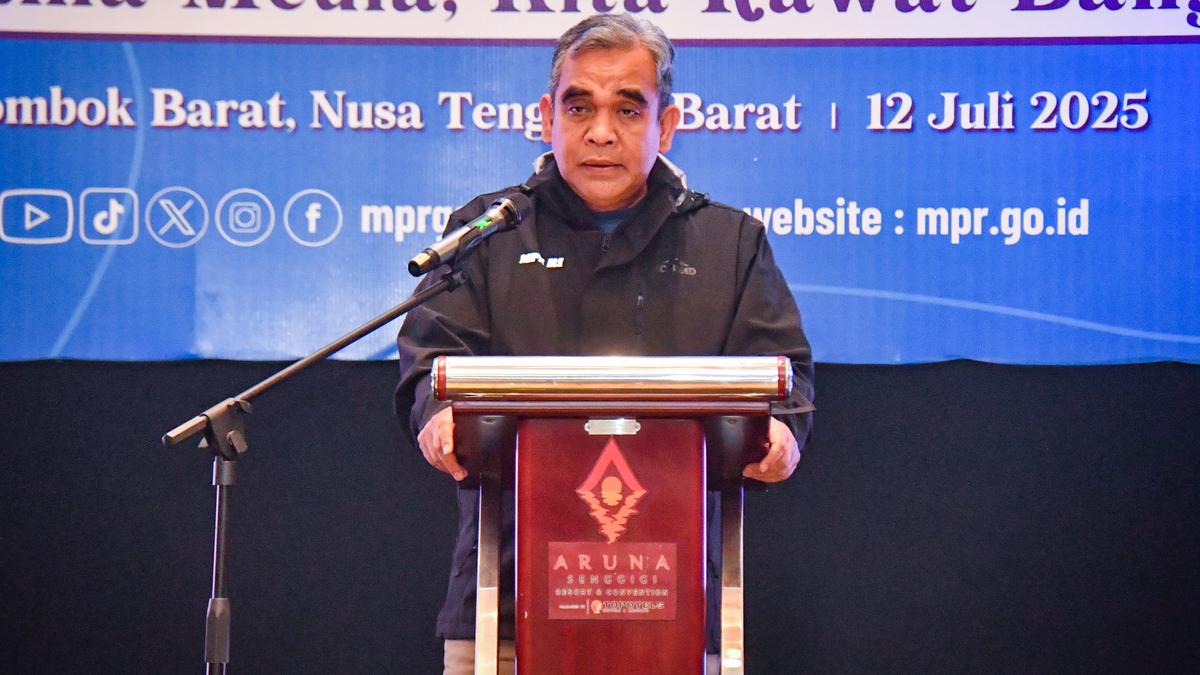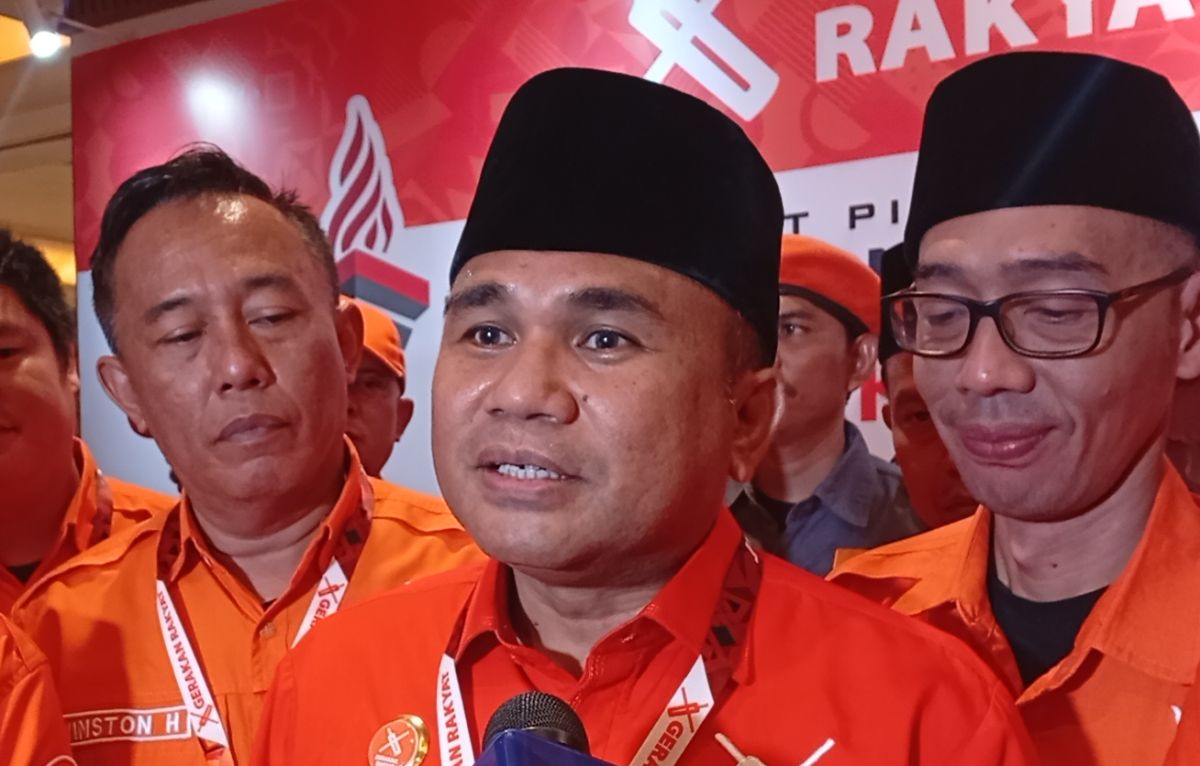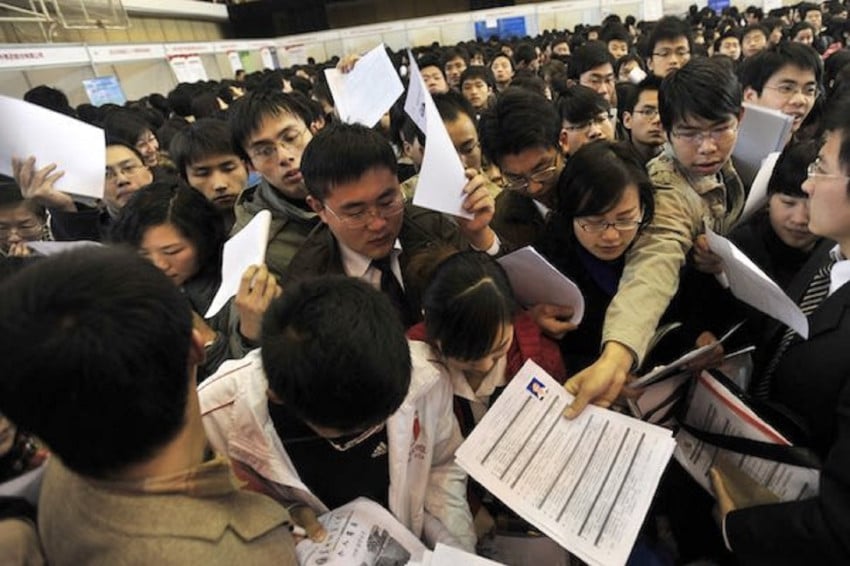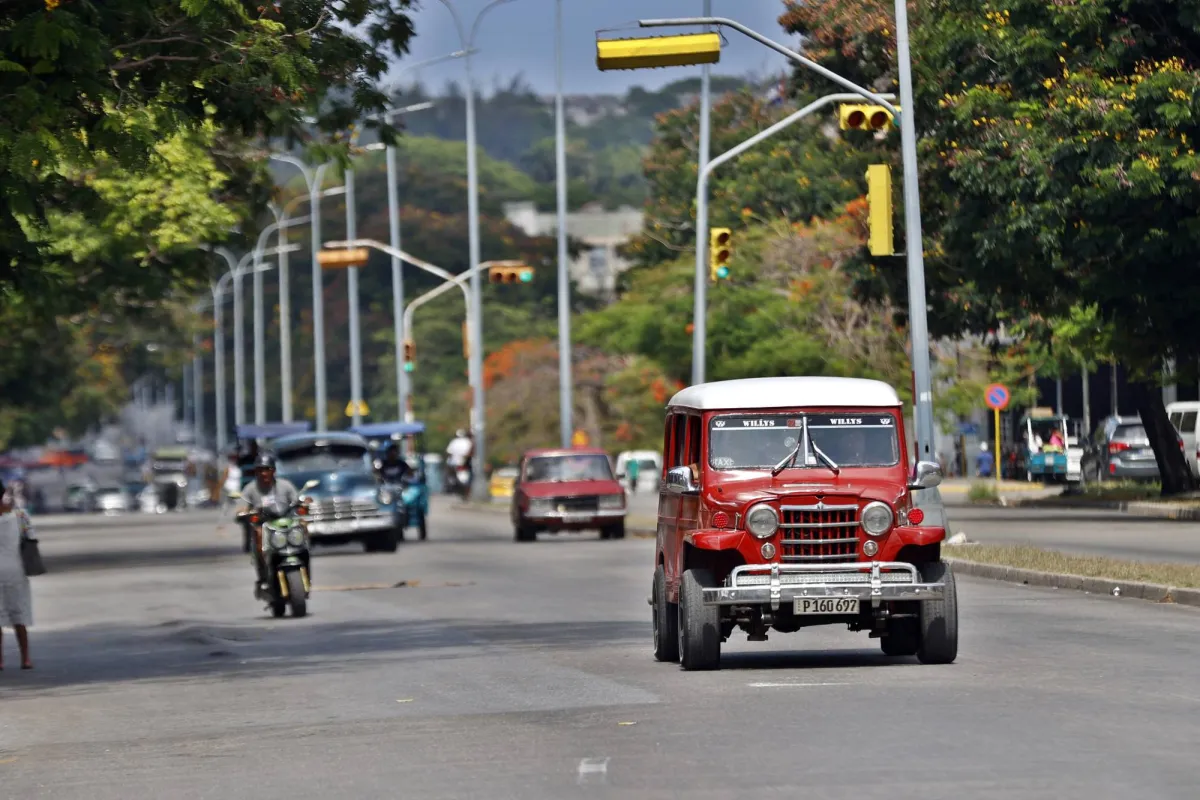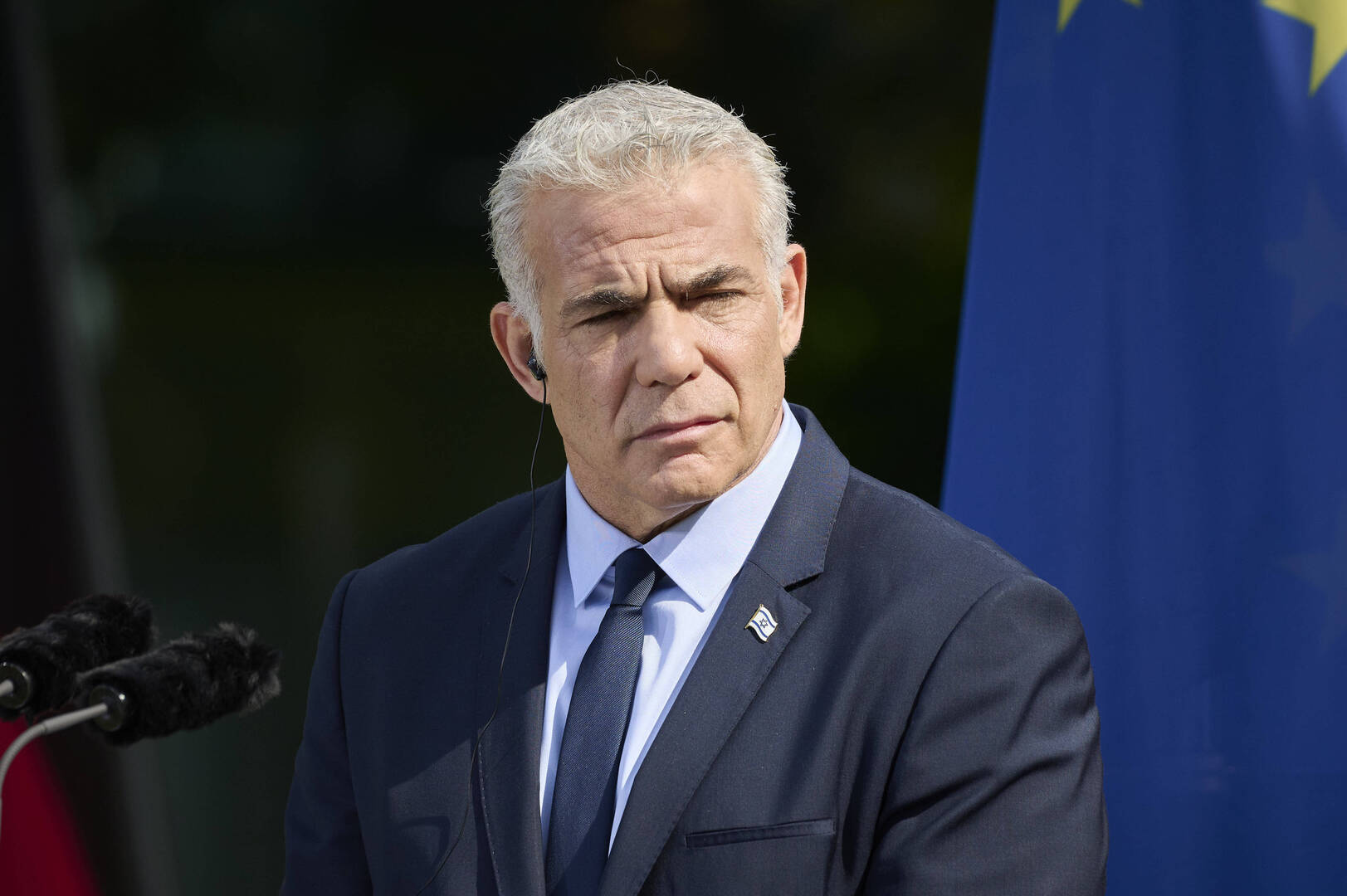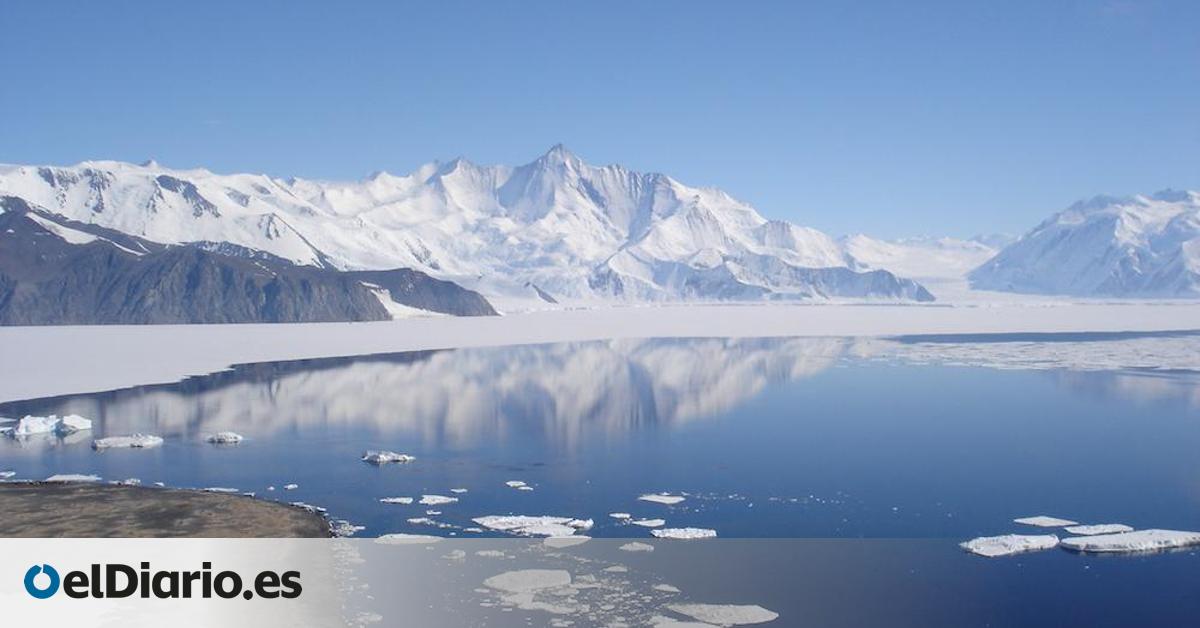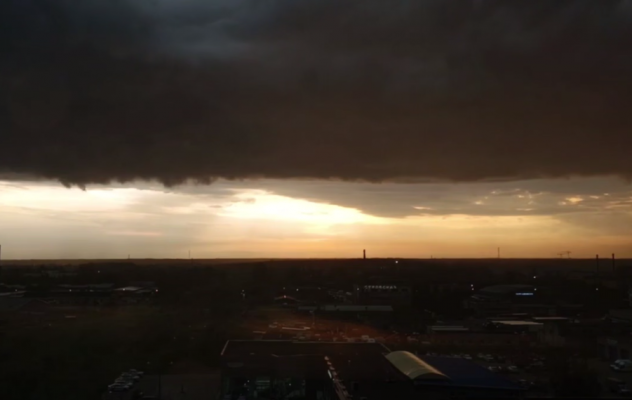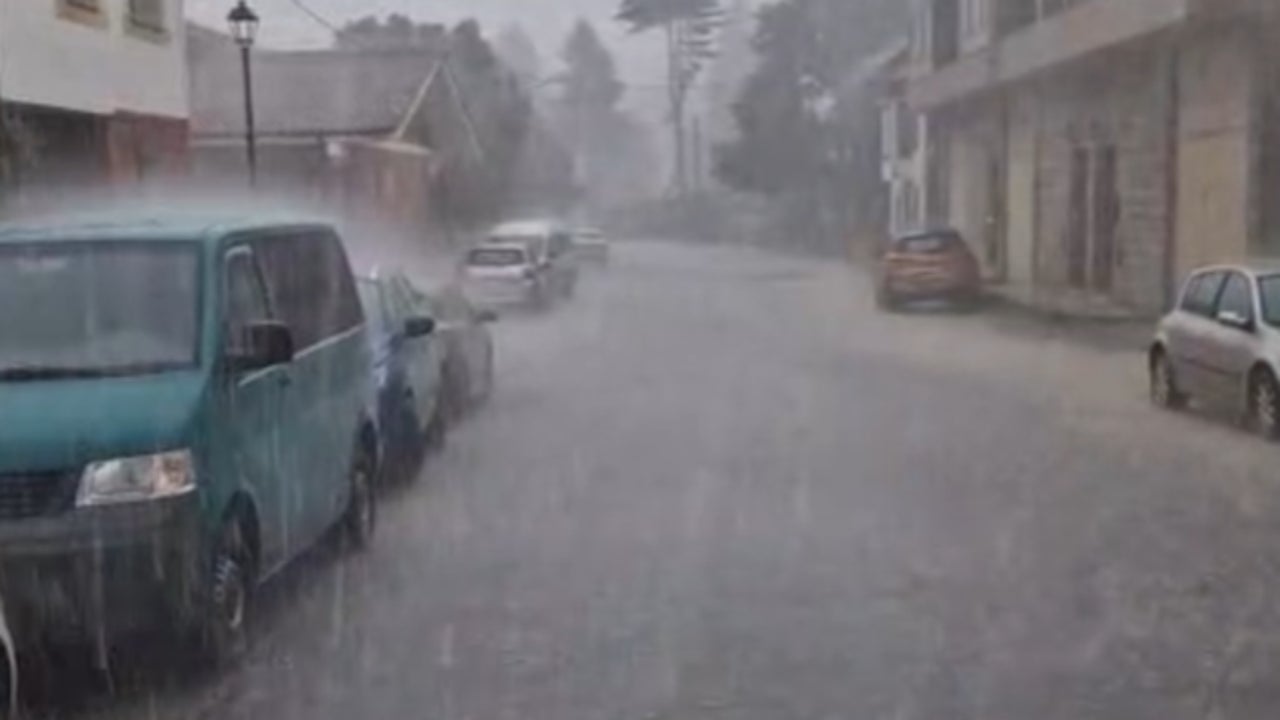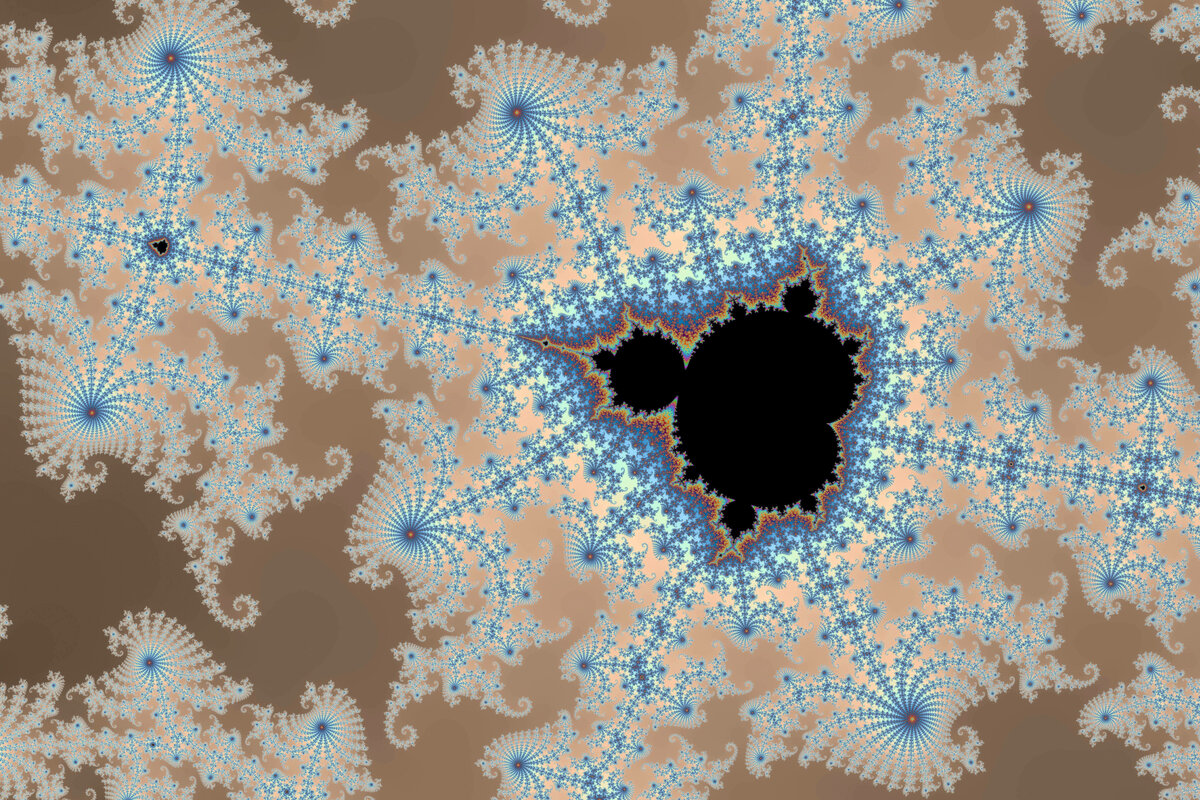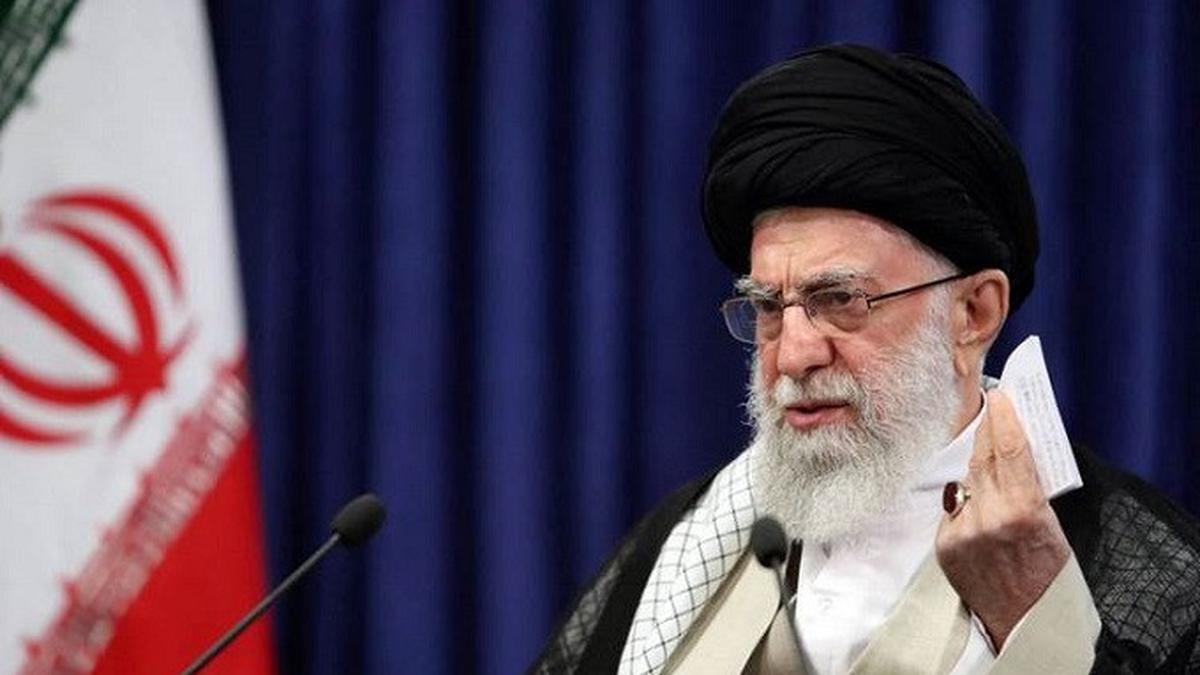Ahmad Muzani Gratitude MPR Synergy and parliamentary journalists at the Media Media Assembly 2025
In this case, Muzani showed that in the future the duties of state institutions were more difficult because they were faced with modern problems. “Therefore, MPR also began to improve, for example, how to encounter 2045, when Indonesia is 100 years old,” said Muzani, who is also the General Secretary of the Grindra party. According … Read more
